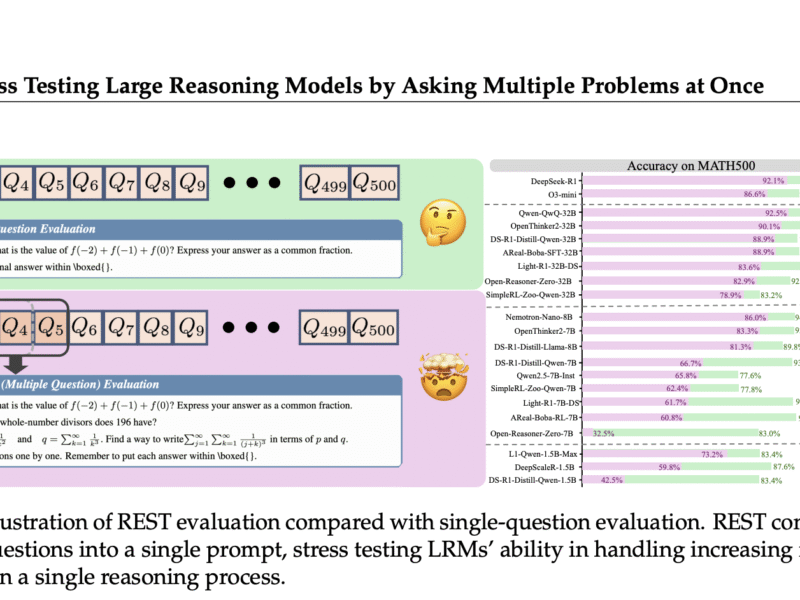The importance of memory in AI agents cannot be overstated. As artificial intelligence matures from simple statistical models to autonomous agents, the ability to remember, learn, and adapt becomes a foundational capability. Memory distinguishes basic reactive bots from truly interactive, context-aware digital entities capable of supporting nuanced, humanlike interactions and decision-making.
Why Is Memory Vital in AI Agents?
- Context Retention: Memory enables AI agents to hold onto conversation history, user preferences, and goal states across multiple interactions. This ability delivers personalized, coherent, and contextually correct responses even during extended or multi-turn conversations.
- Learning and Adaptation: With memory, agents can learn from both successes and failures, refining behavior continuously without retraining. Remembering past outcomes, errors, or exceptional user requests helps them become more accurate and reliable over time.
- Predictive and Proactive Behavior: Recalling historical patterns allows AI to anticipate user needs, detect anomalies, or even prevent potential problems before they occur.
- Long-term Task Continuity: For workflows or projects spanning multiple sessions, memory lets agents pick up where they left off and maintain continuity across complex, multi-step processes.
Types of Memory in AI Agents
- Short-Term Memory (Working/Context Window): Temporarily retains recent interactions or data for immediate reasoning.
- Long-Term Memory: Stores knowledge, facts, and experiences over extended periods. Forms include:
4 Prominent AI Agent Memory Platforms (2025)
A flourishing ecosystem of memory solutions has emerged, each with unique architectures and strengths. Here are four leading platforms:
1. Mem0
- Architecture: Hybrid—combines vector stores, knowledge graphs, and key-value models for flexible and adaptive recall.
- Strengths: High accuracy (+26% over OpenAI’s in recent tests), rapid response, deep personalization, powerful search and multi-level recall capabilities.
- Use Case Fit: For agent builders demanding fine-tuned control and bespoke memory structures, especially in complex (multi-agent or domain-specific) workflows.
2. Zep
- Architecture: Temporal knowledge graph with structured session memory.
- Strengths: Designed for scale; easy integration with frameworks like LangChain and LangGraph. Dramatic latency reductions (90%) and improved recall accuracy (+18.5%).
- Use Case Fit: For production pipelines needing robust, persistent context and rapid deployment of LLM-powered features at enterprise scale.
3. LangMem
- Architecture: Summarization-centric; minimizes memory footprint via smart chunking and selective recall, prioritizing essential info.
- Strengths: Ideal for conversational agents with limited context windows or API call constraints.
- Use Case Fit: Chatbots, customer support agents, or any AI that operates with constrained resources.
4. Memary
- Architecture: Knowledge-graph focus, designed to support reasoning-heavy tasks and cross-agent memory sharing.
- Strengths: Persistent modules for preferences, conversation “rewind,” and knowledge graph expansion.
- Use Case Fit: Long-running, logic-intensive agents (e.g., in legal, research, or enterprise knowledge management).
Memory as the Foundation for Truly Intelligent AI
Today, memory is a core differentiator in advanced agentic AI systems. It unlocks authentic, adaptive, and goal-driven behavior. Platforms like Mem0, Zep, LangMem, and Memary represent the new standard in endowing AI agents with robust, efficient, and contextually relevant memory—paving the way for agents that aren’t just “intelligent,” but continuously evolving partners in work and life.
Check out the Paper, Project and GitHub Page. All credit for this research goes to the researchers of this project. SUBSCRIBE NOW to our AI Newsletter



